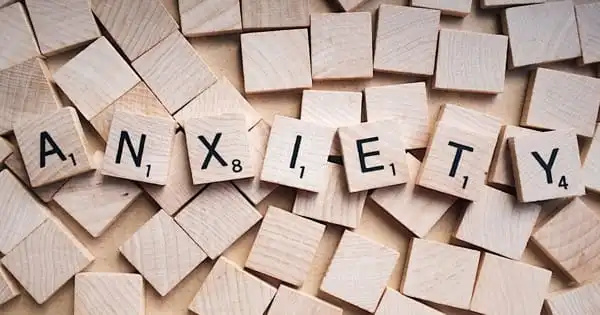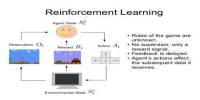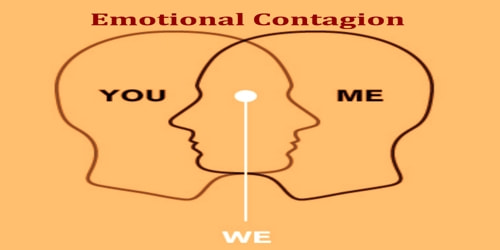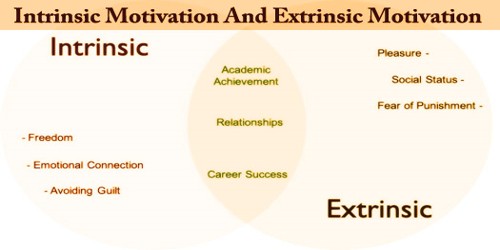What we call “anxiety disorder” is essentially a shorthand for a variety of upsetting, disturbing, and possibly restricting emotional states. It is a more acute and often pervasive version of a typical feeling that expresses anxiety, distress, and fear. Our high-stress society, with its numerous sources of unpredictable, possibly frightening events, gives enough of fodder for anxiety. And those who are predisposed to react more violently as a result of inherited traits paired with early life experiences are more likely to suffer.
Many people seek relief from anxiety through psychotherapy, medicine, or a combination of the two. Recent research examines the role of another source of assistance that mental health practitioners generally neglect or dismiss. It refers to a person’s ability to develop, experience, and draw on a sense of “hope.” That appears to be a philosophical or spiritual matter, and it is. Indeed, this is why it must be incorporated into our sources of what can help, rather than being rejected.
Although anxiety disorders are the most frequent type of psychiatric illness, experts know very little about the elements that contribute to recovery. A new University of Toronto study looked at three stages of recovery in a large, representative sample of over 2,000 Canadians with a history of GAD (GAD).
According to the survey, 72% of Canadians with a history of GAD have been rid of the mental health disorder for at least a year. Overall, 40% were in excellent mental health, and nearly 60% had no other mental illness or addiction concerns in the previous year, such as suicidal ideation, substance dependence, a major depressive disorder, or a bipolar disorder.
This study sends a very encouraging message to people suffering from anxiety, their families, and health professionals. Our findings imply that full recovery is achievable, even for those who have been suffering from the condition for many years.
Esme Fuller-Thomson
The definition of excellent mental health is extremely high. Respondents have to do three things in order to be defined as having great mental health: 1) almost daily happiness or life satisfaction in the previous month; 2) high levels of social and psychological well-being in the previous month; and 3) freedom from generalized anxiety disorder and depressive disorders, suicidal thoughts, and substance dependence for at least the previous full year.
“We were extremely thrilled to hear that even among patients whose anxiety disorders had lasted a decade or longer, half had been in remission from GAD for the past year, and one-quarter had reached great mental health and well-being,” says research main author Esme Fuller-Thomson. Fuller-Thomson is the Director of the Institute for Life Course and Aging at the University of Toronto, as well as a Professor at the Factor-Inwentash Faculty of Social Work and the Department of Family and Community Medicine.
“This study sends a very encouraging message to people suffering from anxiety, their families, and health professionals. Our findings imply that full recovery is achievable, even for those who have been suffering from the condition for many years” she claims.

Individuals who had at least one confidant in their lives who provided them with a sense of emotional stability and wellbeing were three times more likely to be in great mental health than those who did not have a confidant.
“For patients with anxiety disorders, social support from a confidant can develop a sense of belonging and self-worth, which may facilitate recovery,” says co-author Kandace Ryckman, a recent graduate of the University of Toronto’s Masters of Public Health program.
Furthermore, those who used their religious or spiritual beliefs to cope with daily issues had a 36% higher chance of having excellent mental health than those who did not utilize spiritual coping. “Other researchers have also discovered a strong correlation between mental disease recovery and believing in a higher power,” Fuller-Thomson writes.
Poor physical health, functional limits, sleeplessness, and a history of depression were discovered to be barriers to excellent mental health in the sample by the researchers.
“Health practitioners who treat persons with anxiety disorders must consider their patients’ physical health issues as well as social isolation in their treatment regimens,” Ryckman says.
The researchers looked at a nationally representative sample of 2,128 community-dwelling people in Canada who had a generalized anxiety disorder at some point in their life. Statistics Canada’s Canadian Community Health Survey-Mental Health was used to compile the statistics. This study was published online ahead of print in the Journal of Affective Disorders this week.
















